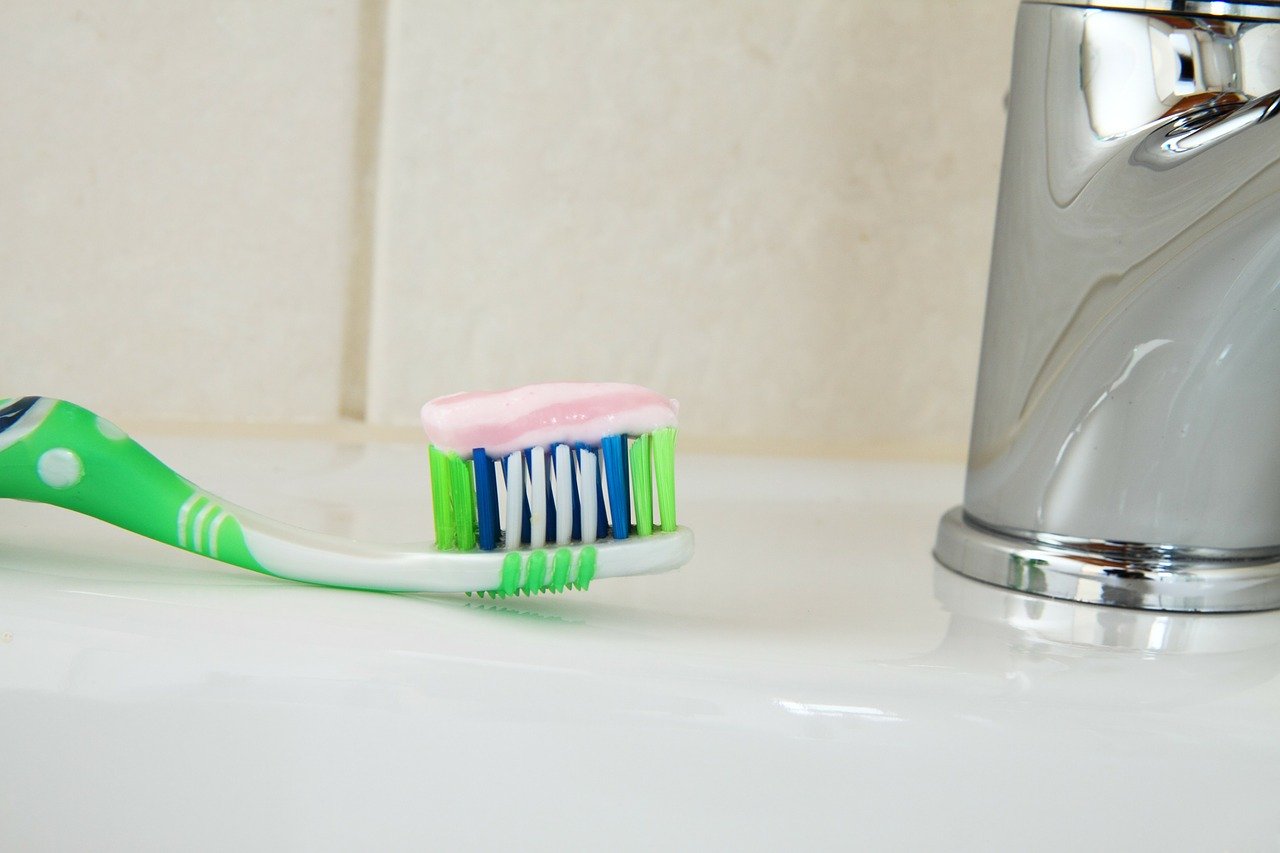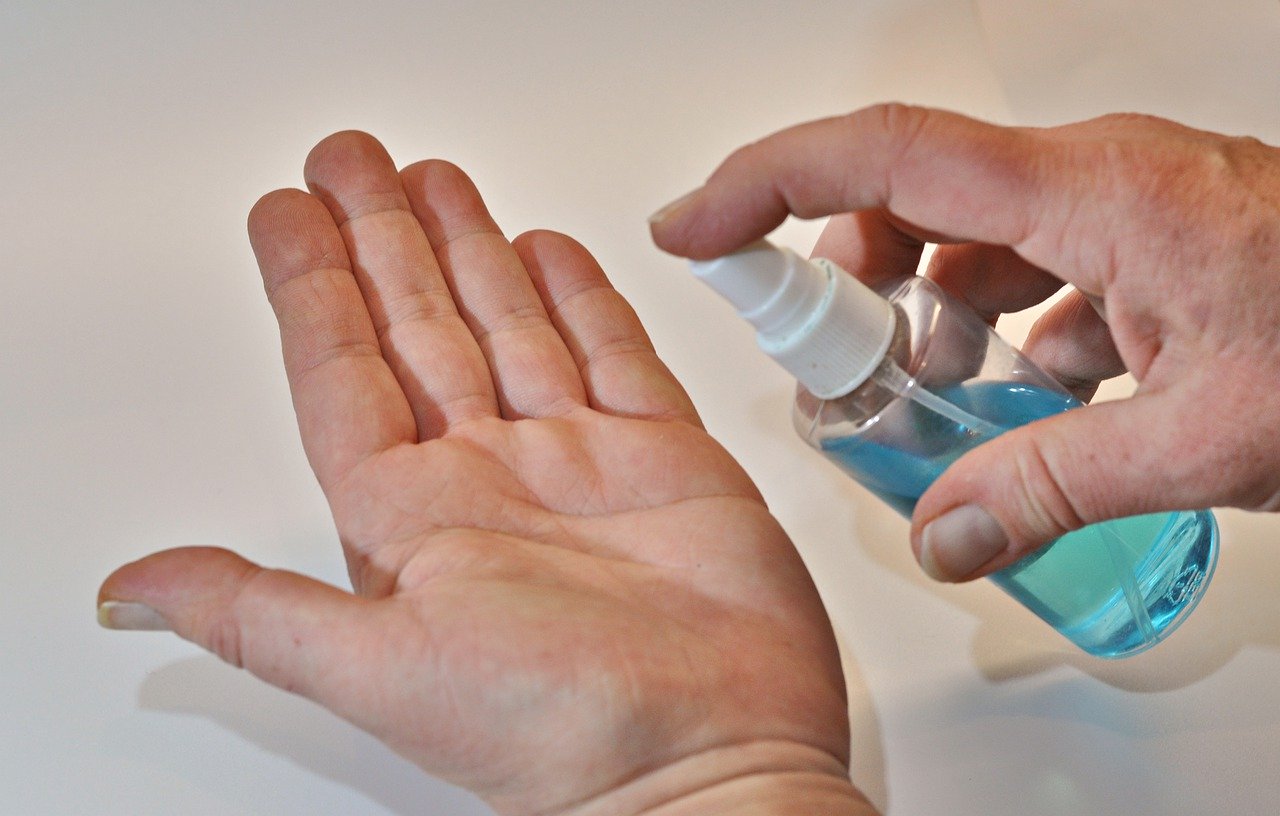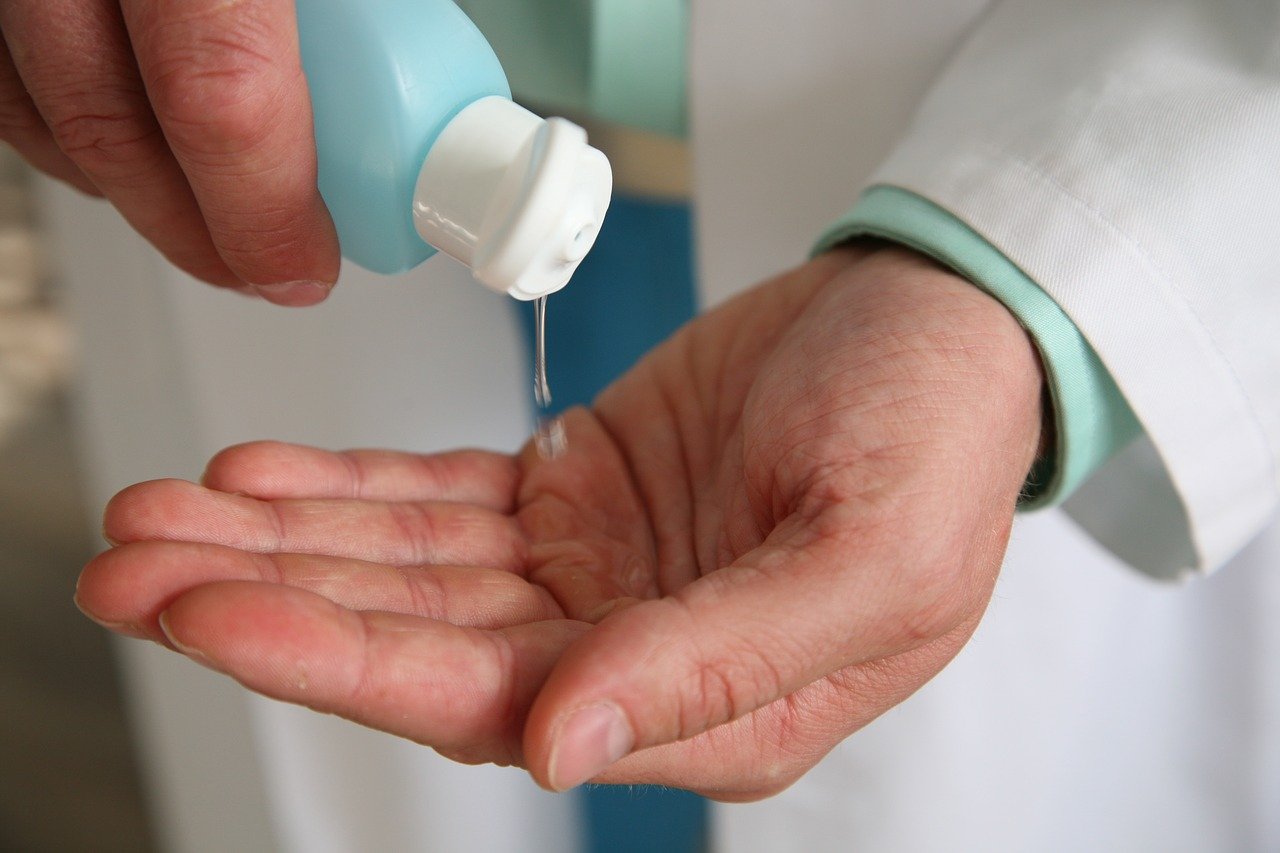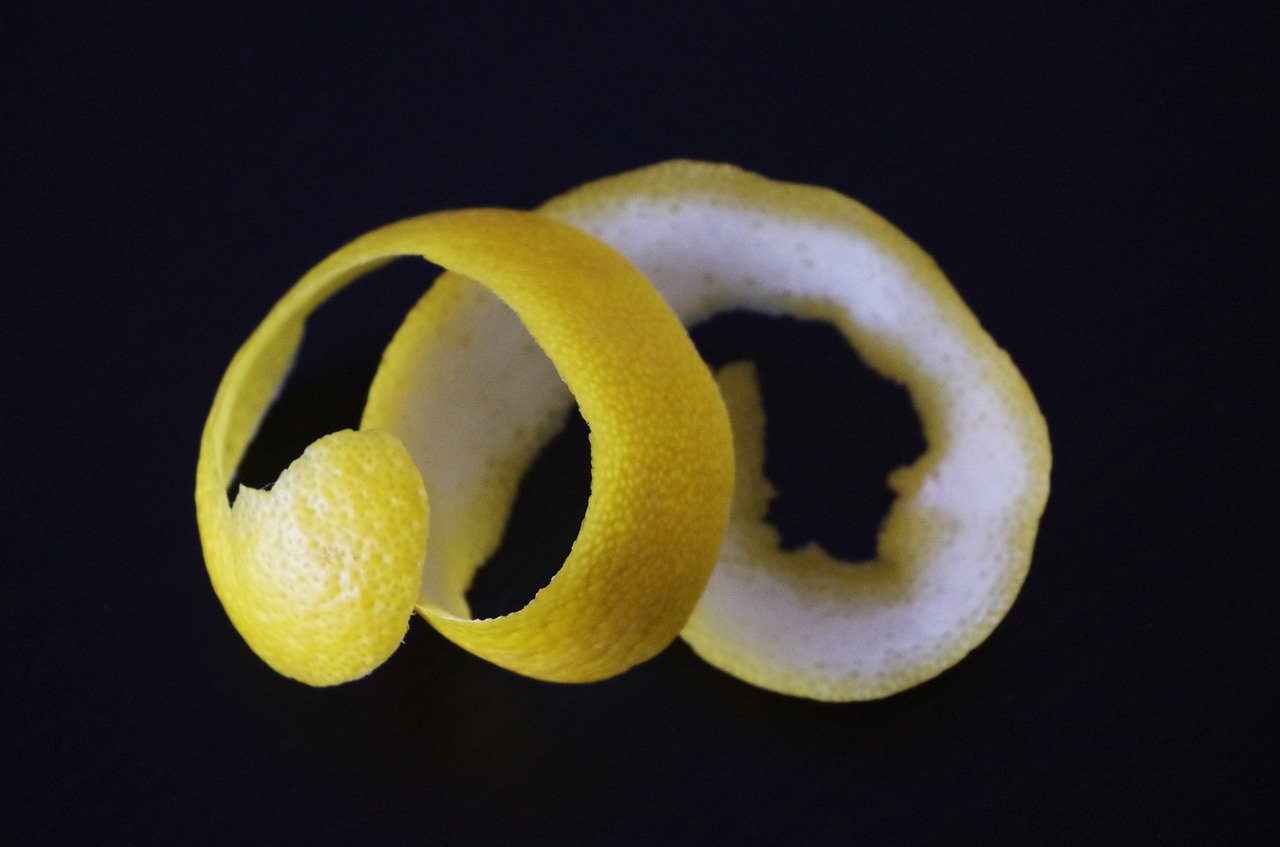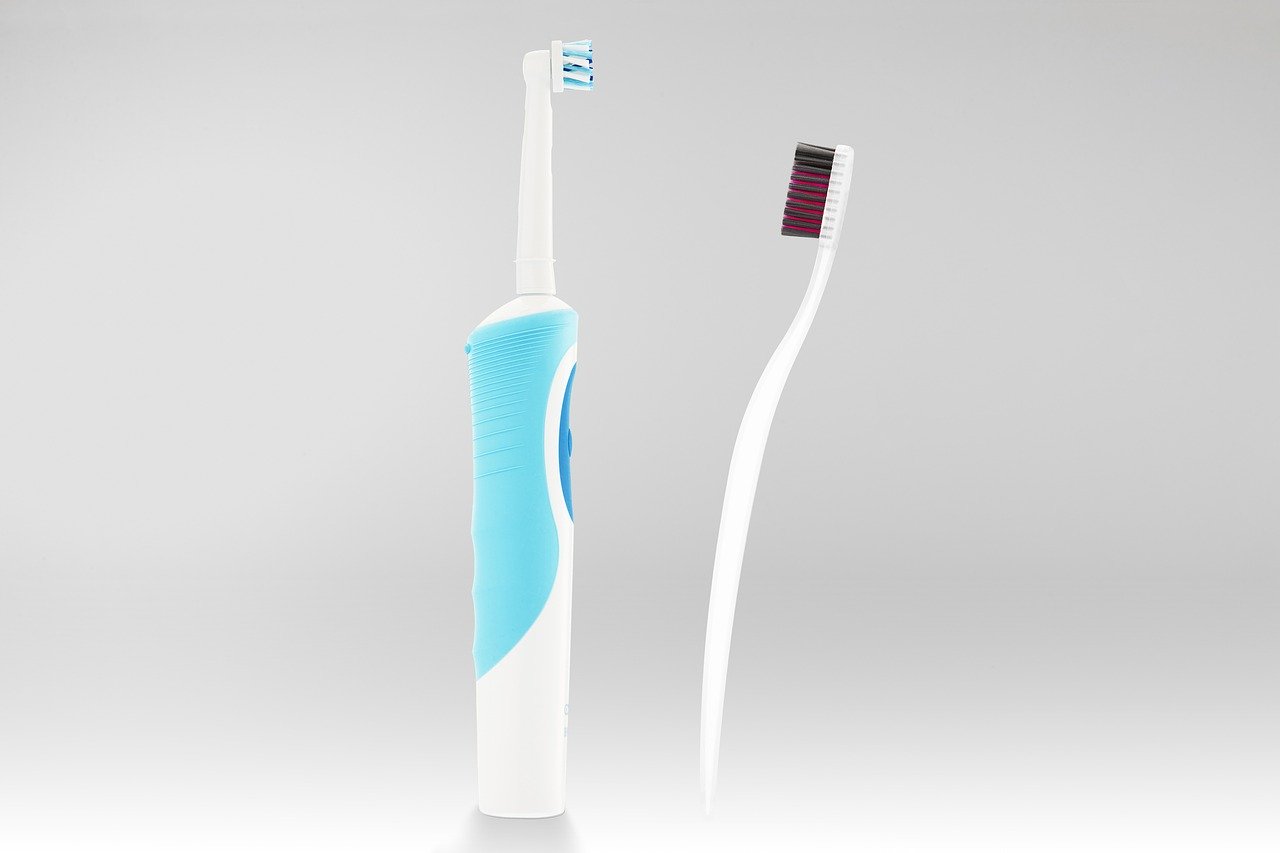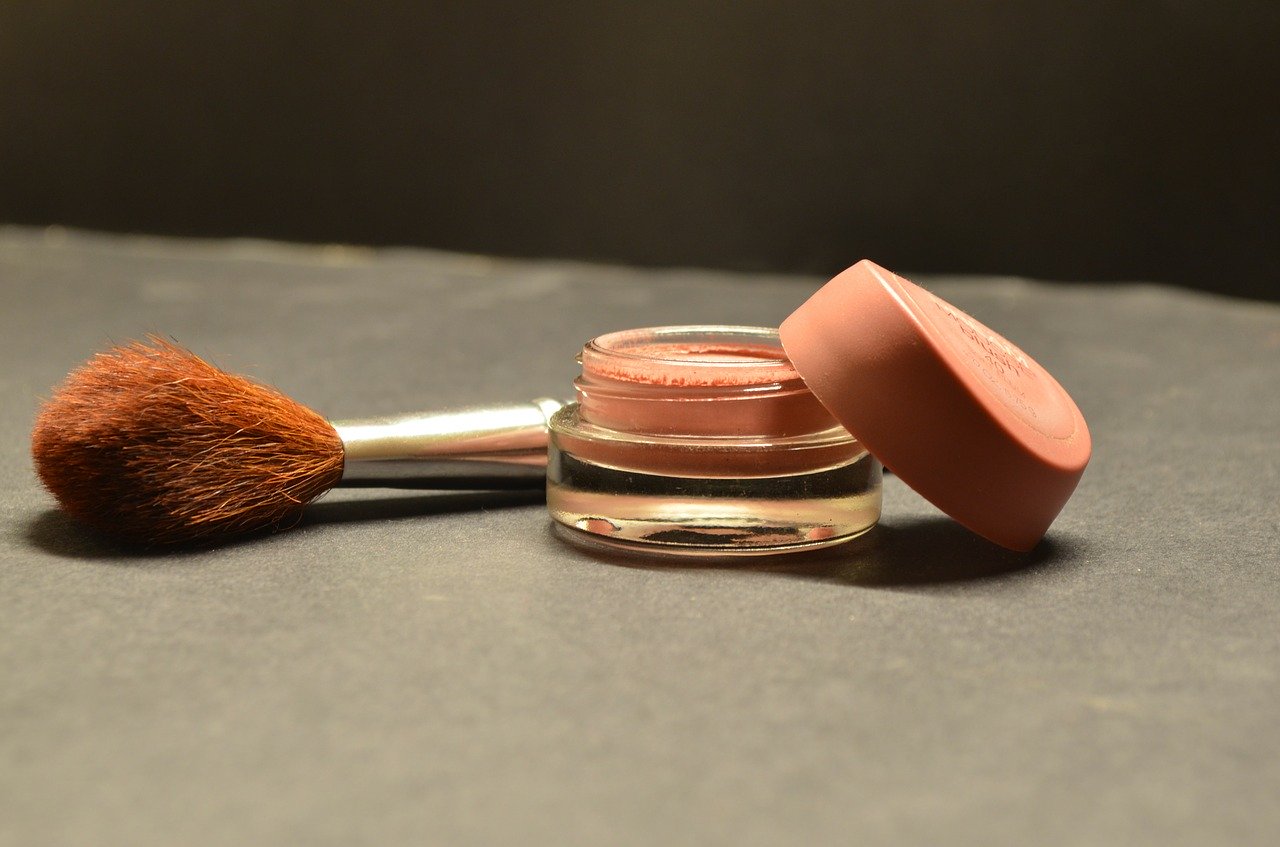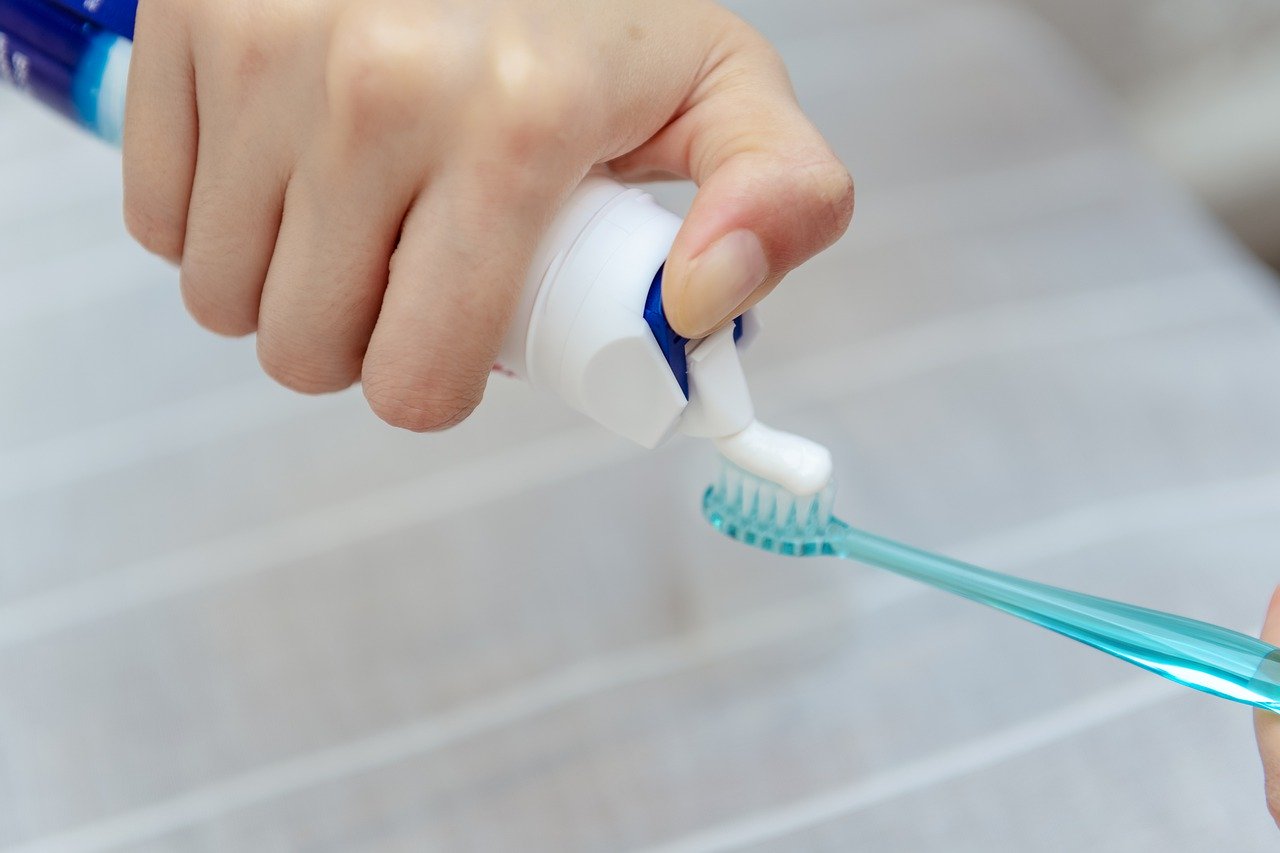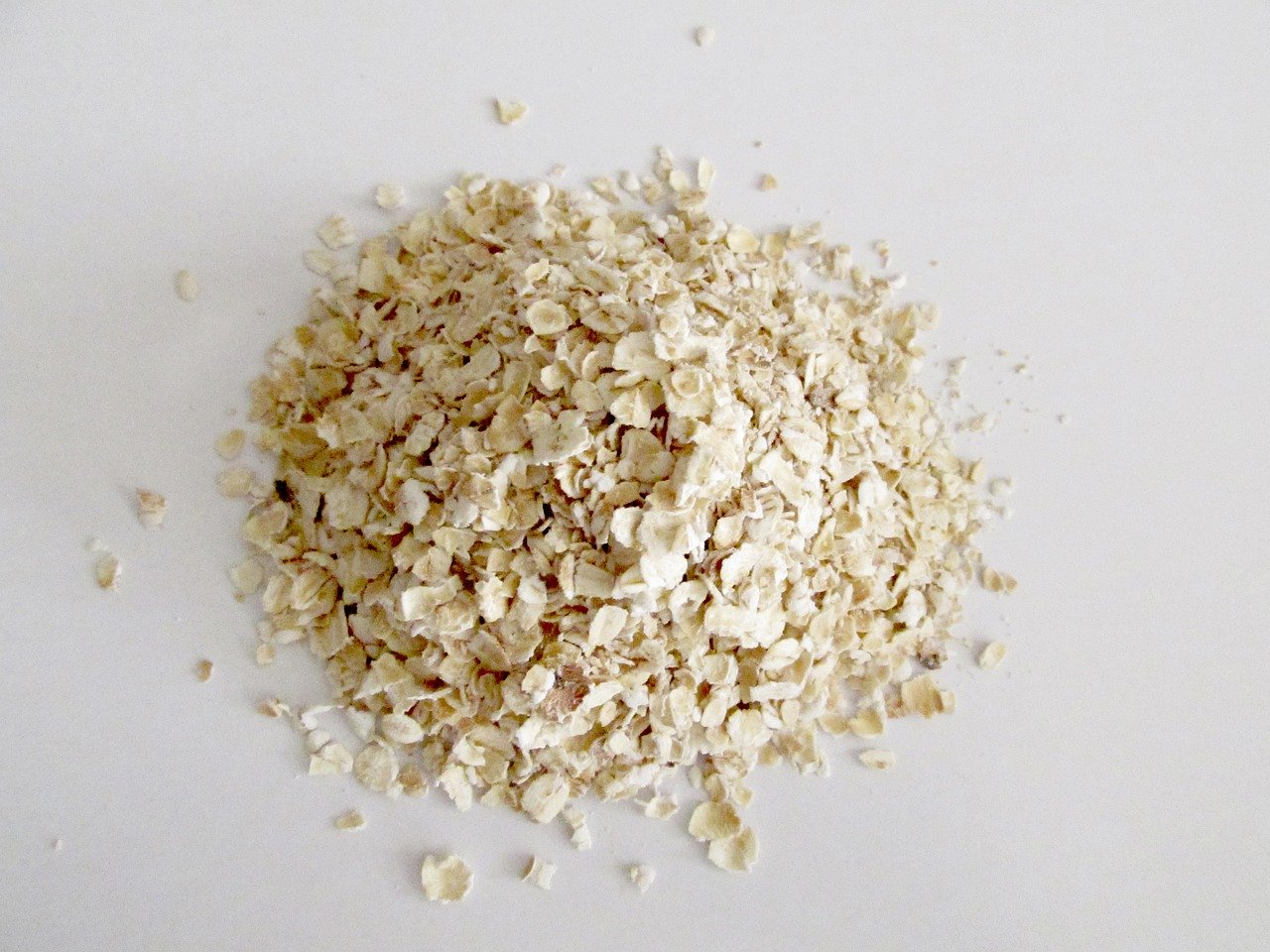In May 2019 researchers from Canada published their review of the medical scientific literature to identify and assess specific biomarkers in 25 herbs and spices, namely anise, basil, black pepper, … Read more
Vitamin B12 that is applied to the oral cavity via toothpaste enters the circulation and improves the vitamin B12 status markers in the blood of vegans who are at higher risk of vitamin B12 deficiency
In March 2017 researchers from Germany and Denmark published the results of their study to assess the effect of a vitamin B12-fortified toothpaste on B12 vitamin levels in vegans. A … Read more
Sunbed use increases the risk of cutaneous squamous cell carcinoma (malignant skin cancer) in women
In September 2019 researchers from Sweden published the results of their study to assess the risk factors for cutaneous squamous cell carcinoma. A total of 29,460 women were included in … Read more
When vitamin D deficiency or insufficiency occurs, it is better to take vitamin D supplementation than using sunbeds, which have been classified a Class 1 carcinogen
In March 2019 researchers from Belgium and Italy published their overview on vitamin D and sunbed use. The researchers stated that vitamin D status appears to be associated with a … Read more
Hand rubbing with sprayed alcohol-based hand rub/sanitizer is just as effective as rubbing with alcohol-based hand rub/sanitizer poured onto the palm of the hand to reduce bacterial counts on hands and may be an acceptable alternative hand hygiene method pending assessment in other settings and for other pathogens
In February 2020 researchers from the Infection Control Programme, WHO Collaborating Centre on Patient Safety in Singapore and Switzerland published the results of their study to assess whether sprayed alcohol-based … Read more
Use of a hand rub/sanitizer containing olanexidine gluconate has the potential to become an important means of preventing human norovirus infection
In March 2020 researchers from Japan published the results of their study to assess the effectiveness of a new hand antiseptic containing olanexidine gluconate against human noroviruses. The researchers stated … Read more
Phthalate levels in dust from homes were found to be stongly associated with modern flooring materials (laminated wood/wood), modern window frames (aluminum/plastic steel), leather polish and and perfume
In February 2020 researchers from China published the results of their study to assess exposure levels to phthalates in Chinese homes and to relate these to building materials and lifestyles. … Read more
Cosmetic Ingredient Review Panel publish their safety assessment on citrus-derived peel oil ingredients
In September 2019 researchers from the Cosmetic Ingredient Review Expert Panel in the USA published their safety assessment of 14 citrus-derived peel oil ingredients. These ingredients are most frequently used … Read more
Cosmetic Ingredient Review Panel publish their safety assessment on cosmetic ingredients obtained from Camellia sinensis (tea) plant
In November 2019 researchers from Cosmetic Ingredient Review Panel in the USA published their safety assessment on cosmetic ingredients obtained from Camellia sinensis (tea) plant. These ingredients are used in … Read more
The perineal use of talc powder increases the risk of ovarian cancer ,with a significant risk being noted in Hispanics and Whites, in women applying talc to underwear, in pre-menopausal women and in post-menopausal women receiving hormonal therapy
In December 2019 researchers from Canada published their review of the medical scientific literature to assess the association between the perineal use of talc powder and risk of ovarian cancer. … Read more
A “smart toothbrush” is able to keep track of any skipped areas, pinpointing missed areas on a tooth map, and give details on the percentage of brushed surface, the teeth that require more attention, and if the user is applying too much pressure in any area that could induce gingival damage
In June 2019 researchers from Italy published their review on the use of a “smart toothbrush” in an intensive care environment. Providing effective oral hygiene is crucial in this environment … Read more
On 04 March 2020, following their investigation which found asbestos in a makeup kit marketed to girls and other cosmetics, the Environmental Working Group and others called on the FDA (US regulatory Authority) to require cosmetic companies to test for asbestos in their products
Laws vary from country to country and European laws concerning cosmetics are more stringent than in the USA, eg as of 08 March 2020 the EU has banned 1,328 chemicals … Read more
Ingredients found in sunscreens appear to be absorbed into the body and produce blood levels which exceed the FDA threshold when additional safety studies for sunscreens could potentially be waived; however this does not indicate that the public should stop using sunscreens
In January 2020 researchers from the USA published the results of their study to assess the rate of absorption of six active ingredients (avobenzone, oxybenzone, octocrylene, homosalate, octisalate, and octinoxate) … Read more
Toothpastes containing herbal extracts appear to be more efficient in reducing the type of bacteria seen in gingivitis/periodontitis, thereby raising the possibility that plant-based substances for oral care could substitute toxic chemicals
In January 2020 researchers from Russia and Switzerland published the results of their study to assess the effects of a toothpaste with Swiss medicinal herbs in individuals with gingivitis and … Read more
The US’ Cosmetic Ingredient Review Panel publishes their safety assessment of Avena sativa (oat)-derived ingredients
In November 2019 researchers from the Cosmetic Ingredient Review Panel in the USA published their safety assessment of Avena sativa (oat)-derived ingredients. These ingredients are used in cosmetics as abrasives, … Read more
Dentists should advise their patients to exercise caution when using over-the-counter charcoal-containing mouthwashes due to a lack of evidence supporting claims currently being made as well as a lack of safety data
In February 2020 researchers from the USA published their review of the evidence concerning claims currently being made on the effectiveness and safety of charcoal-based mouthwashes. The product labels and … Read more
Sensodyne Instant Effect toothpaste is effective over the long term and can be widely recommended to reduce teeth hypersensitivity
In June 2019 researchers from Russia published the results of their study to assess the effectiveness of Sensodyne Instant Effect toothpaste containing sodium fluoride and tin fluoride as a treatment … Read more
Researchers call for the manufacturers of absorbent hygiene products, eg tampons, panty liners and sanitary pads, to disclose the presence of any sensitising fragrances as they may cause an allergic reaction in susceptible individuals
In January 2020 researchers from Belgium published the results of their study to assess whether absorbent hygiene products contained sensitising fragrances. The researchers stated that sensitising fragrances, which can cause … Read more
Medicine, herbal medicine, homoeopathic product, medical device, cosmetic, or food supplement?
Many people fall foul of the law, sometimes through ignorance, sometimes through greed. There are also many false claims for certain products being made on internet. The Regulations that apply … Read more
A skin cancer prevention campaign, targeting overexposure to ultraviolet radiation, ie sunbed use and sunburn, saves the health service twice as much as the campaign costs
In November 2019 researchers from Denmark published their assessment of the financial savings to society as a result of the Danish Sun Safety Campaign which targeted overexposure to ultraviolet radiation, … Read more


